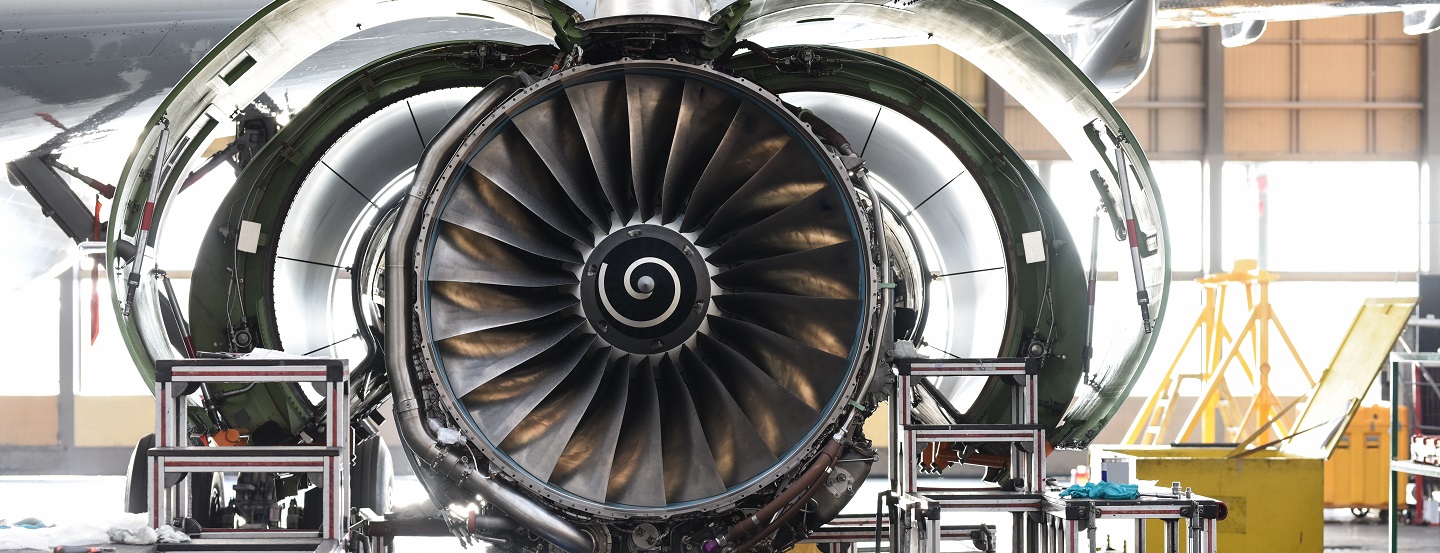
Merger spurs global growth for Quebec aerospace firm
When a Quebec aerospace company realized they had to take their business to the next level to survive, they decided that a merger with an overseas firm was the best strategy for international growth.
Jean Blondin, CEO of Abipa International, says the message from the industry was clear: Go big or stay home.
“The global firms were telling us that they needed stronger, larger suppliers to help them reduce their supply chain risk,” says Blondin, company president for more than a decade. “They wanted to move away from smaller suppliers because for them, it’s a lot of work to sustain supply chains with those businesses.”
And that was the main reason that Abipa Canada decided to take the merger path, he says.
Abipa Canada and its merger strategy
Mergers and acquisitions (M&A) is a general term for a process that combines two separate companies into one entity. One company can purchase another outright (an acquisition) or unite with another firm to create a new business entity (a merger). For Abipa Canada, the optimum strategy was to merge with France’s ARM Group to become a substantially larger company—Abipa International—with a global reach.
Abipa Canada was founded in 1982 and by 2020, it was a good-sized, small-medium enterprise (SME) with about $50 million in annual business. Specializing in precision machining of complex alloy components for engines, landing gear and aero structures, it’s been a supplier to international companies such as Bombardier, Pratt & Whitney, Messier-Bugatti-Dowty, Siemens, Mitsubishi Canada, Héroux Devtek and Figeac Aero.
The company’s merger with ARM Group grew out of hard economic facts. “We knew that the upper limit of the company’s North American business would be about $100 million annually, and that it was going to take a while to reach that level,” says Blondin. “To remain viable, we had to be larger, and we had to develop a significant capacity to invest and grow.”

Jean Blondin
Enter ARM Group
Groupe ARM or ARM Group originated in the merger of six companies specializing in the machining of mechanical parts. With 330 employees in five sites in France and one in Morocco, the French company has been a leading supplier of parts and assemblies for high-specification markets such as aerospace and defence.
Before the Abipa-ARM Group merger, both companies were of similar size and, prior to the pandemic, each was doing about $50 million in business annually. They began talking to each other because they shared a vision of how the aerospace market was likely to evolve, and what the original equipment manufacturers (OEMs) would expect from companies like theirs. Both felt that their prospects for organic growth were limited, and that they would need strategic partners to break that ceiling.
But it wasn’t just financial growth that mattered; they would also be more attractive to large aerospace firms if they became a single, bigger supplier with a more diverse product range. They could provide one-stop shopping for a wider variety of parts and assemblies, and furnish the products through one robust supply chain. That would fit neatly with the push by the major companies for fewer, larger suppliers, and position Abipa International to grow globally.
A complementary match
“Both Abipa and ARM Group manufacture components and sub-assemblies,” says Blondin. “However, our products don’t overlap very much. ARM Group is more into aluminum and titanium parts, while we do hard metal, and they can make larger components than we can. We’re in different markets in terms of the parts we manufacture, so we complement each other in that way.”
The merger also extends Abipa International’s geographic reach and diversifies its customer base, exposing the new company to less risk than the two original businesses.
“Formerly, we were both exposed to one major customer each,” says Blondin. “But after the merger, each of those big customers represents no more than 35% of our overall business. That has significantly reduced our risk.”
You should also check out
Experts share best practices for managing and mitigating risk when conducting M&As in foreign markets.
Enter EDC
“Abipa and Export Development Canada (EDC) have worked together since 2017 when the company began using EDC Credit Portfolio Insurance,” says Supun Fernando, Abipa’s commercial account director at EDC.
“The relationship has evolved and Abipa has also used our international trade solutions such as our Foreign Exchange Facility Guarantee. We became involved with the Abipa-ARM Group merger once it had reached the financing stage,” says Fernando.
An M&A strategy can help Canadian aerospace companies achieve two benefits, adds Alexandre Aubrey, EDC’s senior investment manager who worked with the parties involved.
“First, it can help them become large enough to avoid being gobbled up by U.S. and European firms. Second, it can give them international manufacturing capabilities and the ability to service multiple aircraft platforms. Those capabilities are both vital if a supplier wants to remain relevant in the global sector.”
EDC played a key role in the financial side of the merger, says Aubrey. “Aerospace was in a difficult period at that time because of the pandemic, so we came in as an independent institutional investor and equity partner. Fonds de solidarité FTQ, which is the main shareholder of Abipa, led the equity financing, and EDC became an equity partner via our Investment Matching Program. For the due diligence aspect of this transaction, we relied on FTQ’s assessment, which EDC reviewed and confirmed.”
EDC’s interest in the transaction was more than financial—as always, EDC’s goal is to help Canadian companies do well in global markets. “By supporting the merger, EDC is helping us develop our international business,” says Blondin. “EDC can provide the facilities and expertise we need in our international transactions and assist us in finding new customers abroad.”
Did it work?
Now the big question: Have the results been worth it, especially in terms of achieving a critical size that’ll satisfy the demand of the big aerospace companies?
“We’ve definitely hit that target,” says Blondin. “I wouldn’t consider Abipa International to be a SME anymore. We have hundreds of employees across three continents and six manufacturing sites, and already we do $100 million in business annually. We’re now very well-positioned in the global sector—we’re the right size for the work we do, with good equity and good partners. And we have a lot of opportunities because of our geographic reach,” he says.
“Our growth is going to be very significant, and I can see that within five years, we’ll be doing $160 million to $200 million a year. And that’s even if we don’t do any further mergers or acquisitions.”
Read more
Want to find out more about Abipa’s merger story and the lessons learned? Be sure to read Part 2.
Continue series

Part 2 of 2 in series

















